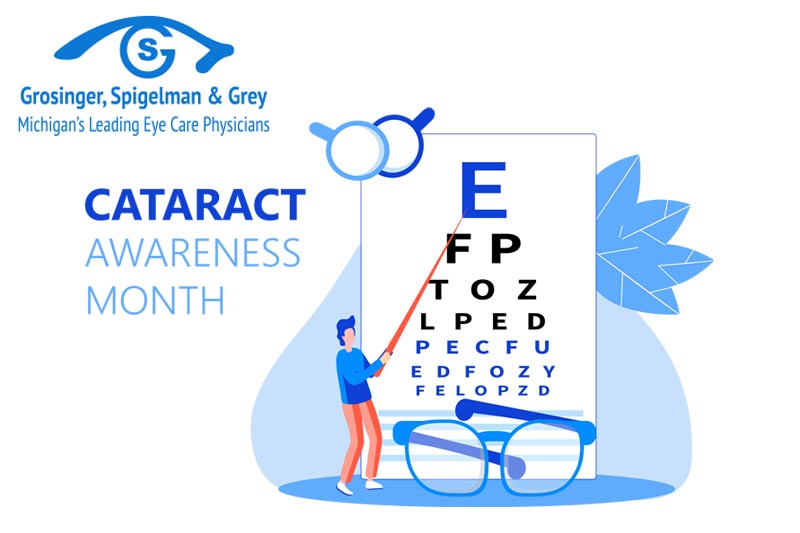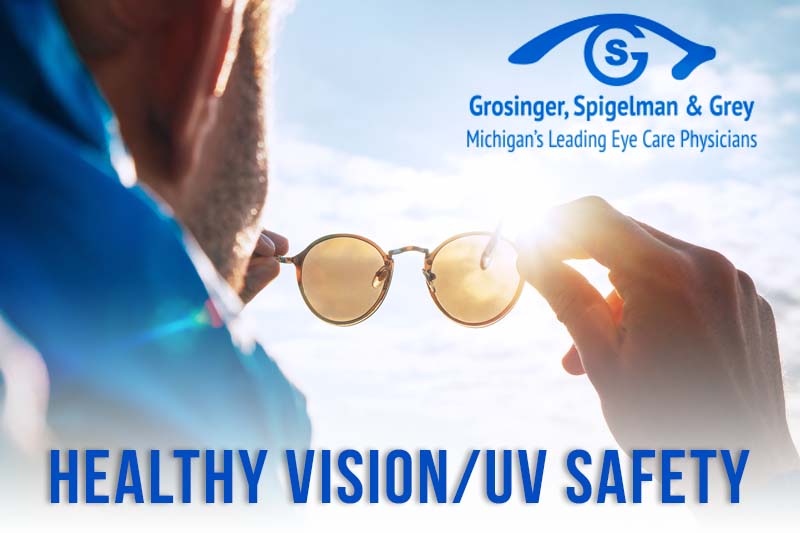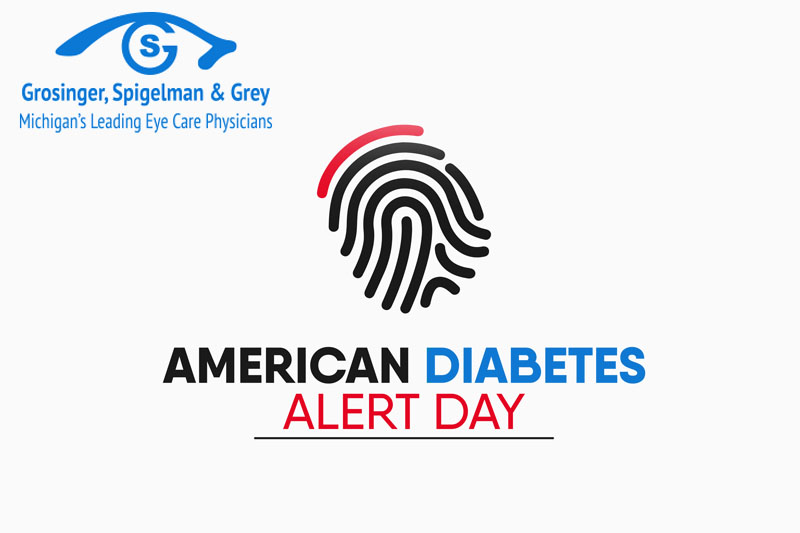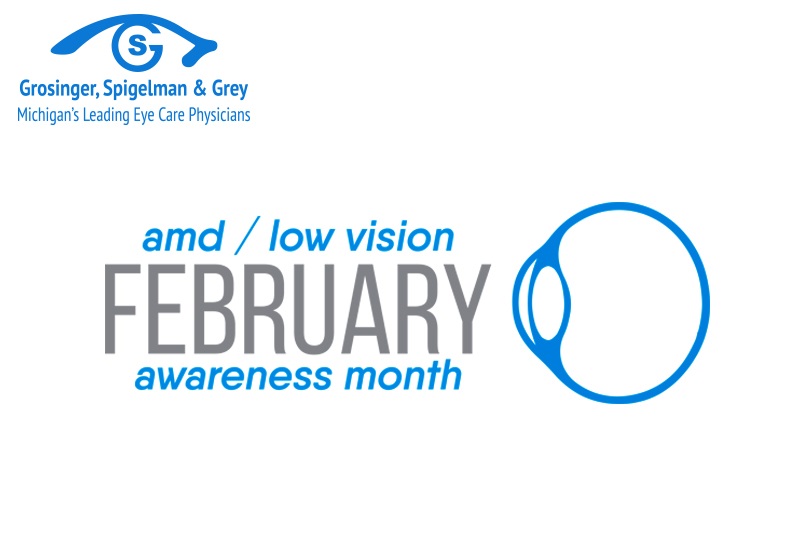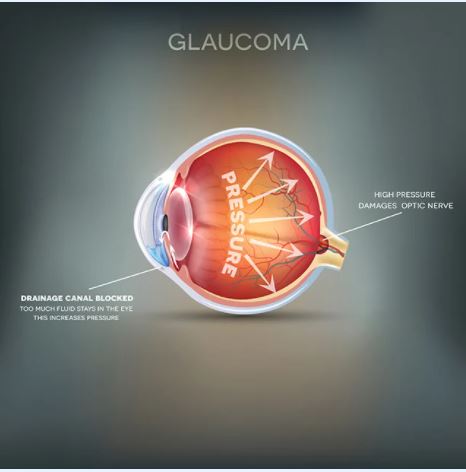
Unfortunately, as we age our eyes and vision change just like the rest of our body. It is vital to keep up with your vision health to detect eye disease and help prevent blindness. As we get older, we are more at risk for eye diseases including cataracts, glaucoma, dry eye, corneal disorders, and retinal disorders. [Read more…] about Your Aging Eyes


